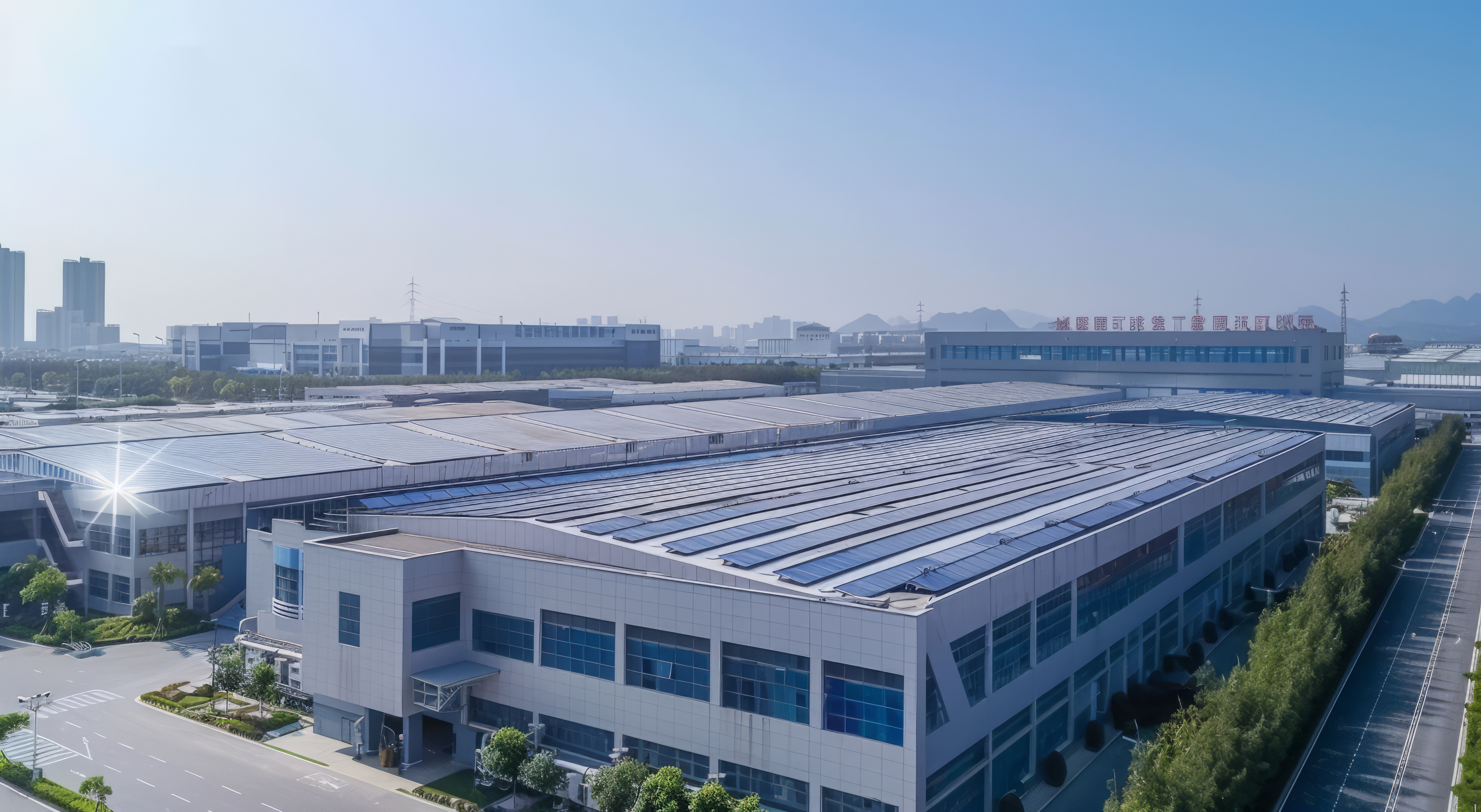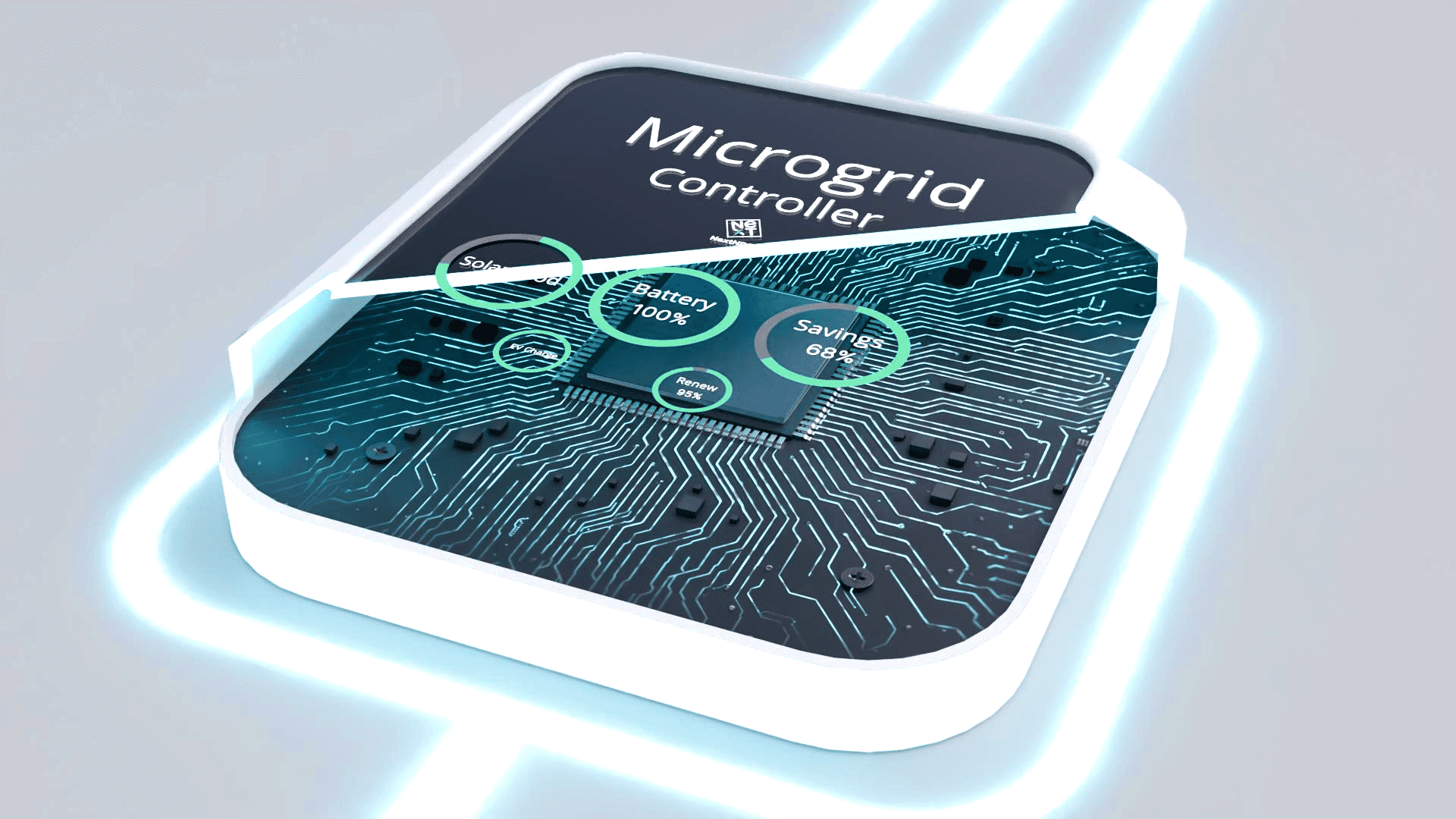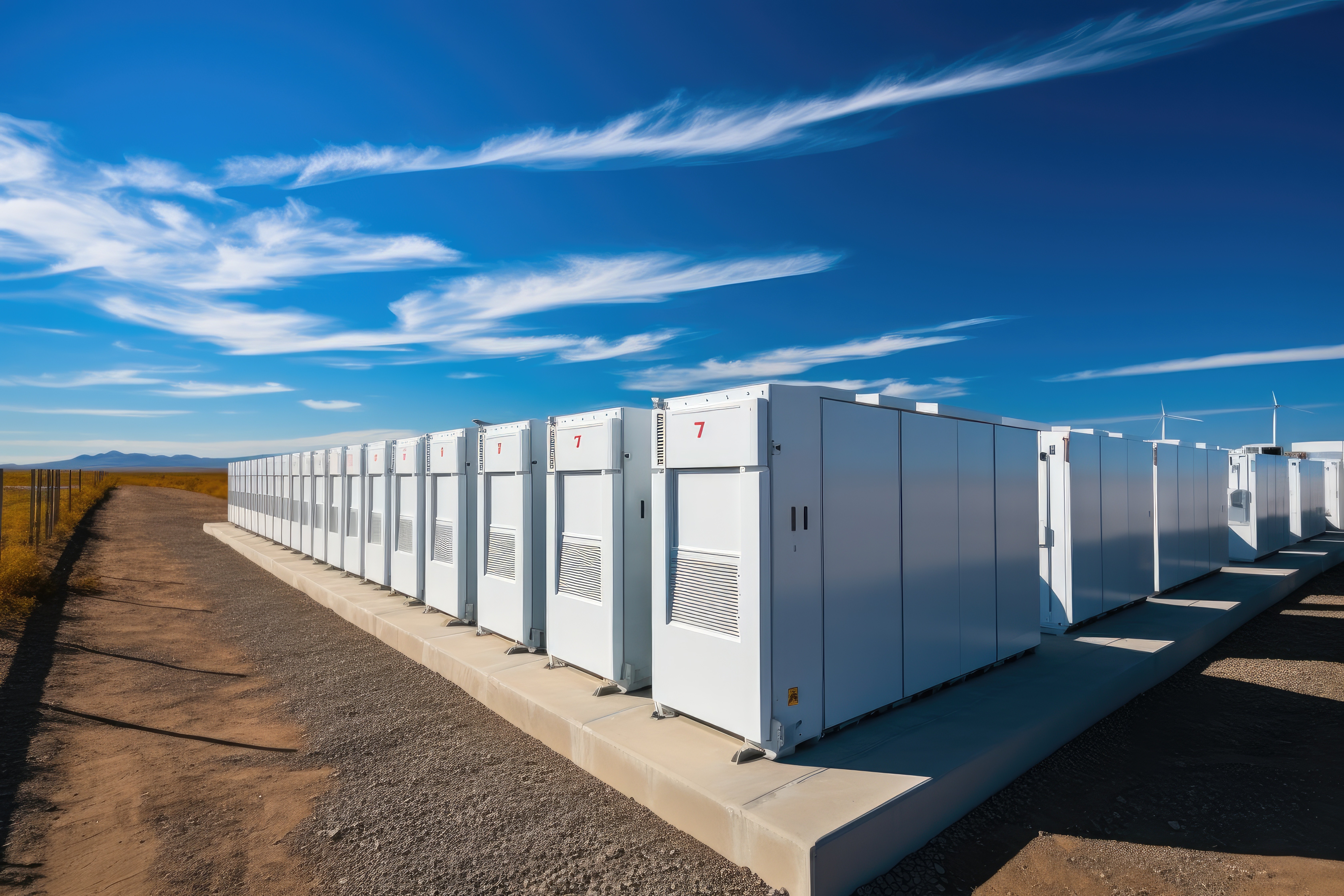
Jan 5, 2025
Maintaining the efficiency of solar panels is crucial for optimal energy production, as dirt and debris can significantly impact their performance. Dirty solar panels can produce up to 25% less energy than clean ones, illustrating the importance of regular maintenance. In the quest for renewable energy, understanding the factors that reduce solar panel efficiency is vital for maximizing your investment.
As you consider the longevity and productivity of solar power systems, exploring cleaning practices becomes essential. With advancements in technology, companies like Next NRG offer innovative solutions that enhance energy management and efficiency through cutting-edge approaches. Their Smart Microgrid technology, for instance, optimizes energy generation by integrating various power sources, ensuring that your solar panels work at peak performance.
By leveraging actionable strategies and services from experts, you can not only improve solar panel output but also contribute to a more sustainable energy landscape. Next NRG's commitment to renewable energy through innovations like wireless EV charging aligns perfectly with the ongoing drive towards efficiency, enabling you to take part in creating a cleaner, more reliable energy future.
Importance of Solar Panel Cleanliness
Keeping solar panels clean is essential for maximizing their performance. The accumulation of dirt and debris can significantly hinder their ability to absorb sunlight efficiently, leading to reduced energy production. Understanding the specific impacts of cleanliness on solar panel efficiency is crucial for anyone looking to optimize their solar energy systems.
Impact of Dirt and Debris on Performance
Dirty solar panels can lead to considerable energy loss. When dust, leaves, and bird droppings accumulate on the surface, they block sunlight from reaching the solar cells. Research shows that this buildup can reduce energy production by as much as 20% or more. The reduction in light absorption directly impacts solar panel performance. This loss is particularly detrimental during peak sunlight hours when maximum energy generation is expected.
Regular maintenance, including washing and cleaning, can mitigate these effects. In many cases, simply rinsing the panels with water can help restore their efficiency. If you’re looking for optimal performance from your solar installation, it’s essential to incorporate a cleaning schedule that addresses potential accumulation of dirt and debris.
The Relationship Between Cleanliness and Efficiency
The efficiency of solar panels is closely tied to their cleanliness. Clean solar panels have the highest capacity for light absorption, which means they can convert more sunlight into usable electricity. When panels are free from obstructions, their output can significantly increase, enhancing overall system performance.
You should prioritize regular cleaning as part of your solar energy maintenance. According to studies, a clean panel can achieve a performance level that dips less than 6% under ideal conditions. Brands like Next NRG offer solutions that integrate smart technologies to monitor and manage the cleanliness and maintenance needs of your solar systems, ensuring they operate at their peak efficiency. With optimized energy management, your solar installations will contribute more effectively to energy sustainability and resilience.
The Science Behind Solar Energy Collection
Understanding the mechanisms of solar energy collection is crucial for optimizing energy yield. Key factors affecting this process include how photovoltaic cells function and the impact of shading and dirt accumulation on electricity generation.
How Photovoltaic Cells Convert Light to Electricity
Photovoltaic (PV) cells are the fundamental components of solar panels, responsible for converting sunlight into electricity. They utilize the photovoltaic effect, where light photons excite electrons in semiconductor materials like silicon. This interaction frees the electrons, creating a flow of electric current.
Each PV cell comprises a p-n junction, with one layer doped with positive charges (p-type) and the other with negative charges (n-type). When exposed to sunlight, the generated electron-hole pairs move toward the electric field created at the junction, which facilitates the flow of electricity. The efficiency of this process directly affects your overall energy yield. Higher-quality solar cells exhibit better efficiency rates, ensuring that more of the incoming solar radiation is converted into usable energy. This highlights the importance of maintaining your solar panels clean and free from obstacles.
Effects of Shading and Dirt Accumulation
Shading and dirt accumulation can significantly hinder the performance of solar panels. If even a portion of a panel is shaded, it can create a bottleneck in energy generation. Solar cells typically operate in series; thus, the output is limited to the least productive cell in the string. Consequently, shaded cells can lead to overall reduced output.
Dirt accumulation interferes with sunlight absorption, blocking photons from reaching the solar cells. Research indicates that light soiling can reduce energy output by 5-10%, while heavy soiling can decrease production by over 20%. Regular cleaning is important to maximize your system's efficiency. For optimal energy management, consider solutions like those offered by Next NRG, which integrate diverse power sources to optimize the resilience and efficiency of systems, including wireless EV charging capabilities that further enhance energy generation.
Best Practices for Solar Panel Maintenance
Maintaining your solar panels is essential for optimal performance and longevity. Regular cleaning and utilizing professional services can significantly enhance energy production and protect your investment.
Regular Cleaning and Its Necessity
You should prioritize regular cleaning of your solar panels to ensure they operate efficiently. Dust, dirt, and debris can accumulate on the surface, blocking sunlight and reducing energy output. Studies show that dirty panels can lose up to 25% of their efficiency.
To clean your solar panels, use soft brushes or squeegees with mild soap and water. Avoid abrasive materials that can scratch the surface. Cleaning is typically best performed during the early morning or late afternoon to prevent thermal shock.
Additionally, consider your environment; if you live in an area prone to dust storms or heavy pollen, more frequent cleaning may be necessary. These steps will help maintain maximum energy production and prolong the life of your solar panels.
Advantages of Professional Cleaning Services
Hiring a professional cleaning service can be a smart investment for your solar panel maintenance. Experts use specialized equipment and cleaning solutions designed to remove tough grime without damaging the panels.
Professionals are trained to assess your solar system for issues during cleaning, identifying potential problems early. Engaging services like Next NRG ensures that you benefit from their advanced understanding of solar technology.
Moreover, scheduling regular professional cleanings can lead to enhanced energy efficiency and longer-lasting performance. This can ultimately result in lower energy costs and improved reliability. Choosing a dedicated service gives you peace of mind, knowing your panels are in expert hands.
Effective Solar Panel Cleaning Techniques
Keeping your solar panels clean is essential for maintaining their efficiency. You can choose between DIY cleaning methods or hiring professional services. Each option has its advantages and specific techniques to get the best results.
DIY Cleaning Versus Professional Services
When deciding between DIY cleaning and professional services, consider your comfort level and the extent of dirt buildup. For light soil, DIY methods can work effectively and cost less. You can use basic tools like a soft brush or sponge and a bucket of water.
For more severe grime or hard-to-reach panels, consider hiring a solar panel cleaning service. Professionals often utilize specialized equipment like a pressure washer and cleaning solutions that won’t damage the panels. This option ensures thorough cleaning without the risk of scratches or voiding warranties.
Appropriate Cleaning Methods and Tools
Using the right cleaning methods and tools is crucial for preserving the integrity of your solar panel system. Start by rinsing the panels with water to remove loose dirt and debris. Avoid using abrasive materials that could scratch the surface.
You can employ a soft-bristle brush to gently scrub away stubborn stains. For stubborn spots, a mixture of water and mild soap is effective. Alternatively, distilled water is ideal as it prevents mineral spotting.
If you opt for a pressure washer, ensure the pressure is set low to avoid damage. For those who prefer convenience, consider using cleaning services that specialize in solar panel maintenance. They incorporate advanced methods that optimize cleaning while safeguarding your investment.
Economic and Environmental Benefits of Clean Solar Panels
Maintaining clean solar panels directly influences both economic savings and environmental advantages. Efficient solar panels reduce electricity costs and contribute significantly to renewable energy production, paving the way towards a sustainable future.
Reducing Electricity Costs Through Efficiency
Clean solar panels operate at optimal efficiency, generating more electricity from sunlight compared to dirty panels. Dust, dirt, and air pollution can block sunlight, reducing energy output significantly—by up to 25% in some cases. Keeping your panels clean ensures consistent energy production, helping to lower your electricity bills.
Investing in a solar power system with regular maintenance can yield substantial savings over time. By maximizing the system's performance, you enhance your return on investment. Brands like Next NRG offer smart maintenance solutions that integrate energy management tools, promoting efficient power generation for your home.
Contribution to Renewable Energy Production
Effective solar power systems contribute to a greener energy portfolio, crucial for combating climate change. Clean panels play a vital role in producing green energy, helping to minimize greenhouse gas emissions. Higher efficiency in solar energy production means more significant contributions to local and national renewable energy goals.
Additionally, systems maintained by Next NRG utilize advanced analytics for predictive management, optimizing the overall energy output. This ensures that your investments bolster the grid's resilience and support the transition to renewable sources. As the demand for clean power increases, maintaining panel cleanliness becomes increasingly essential in sustaining renewable energy production.
Don’t Miss Out
Join our newsletter to get latest insights for your brand growth!





